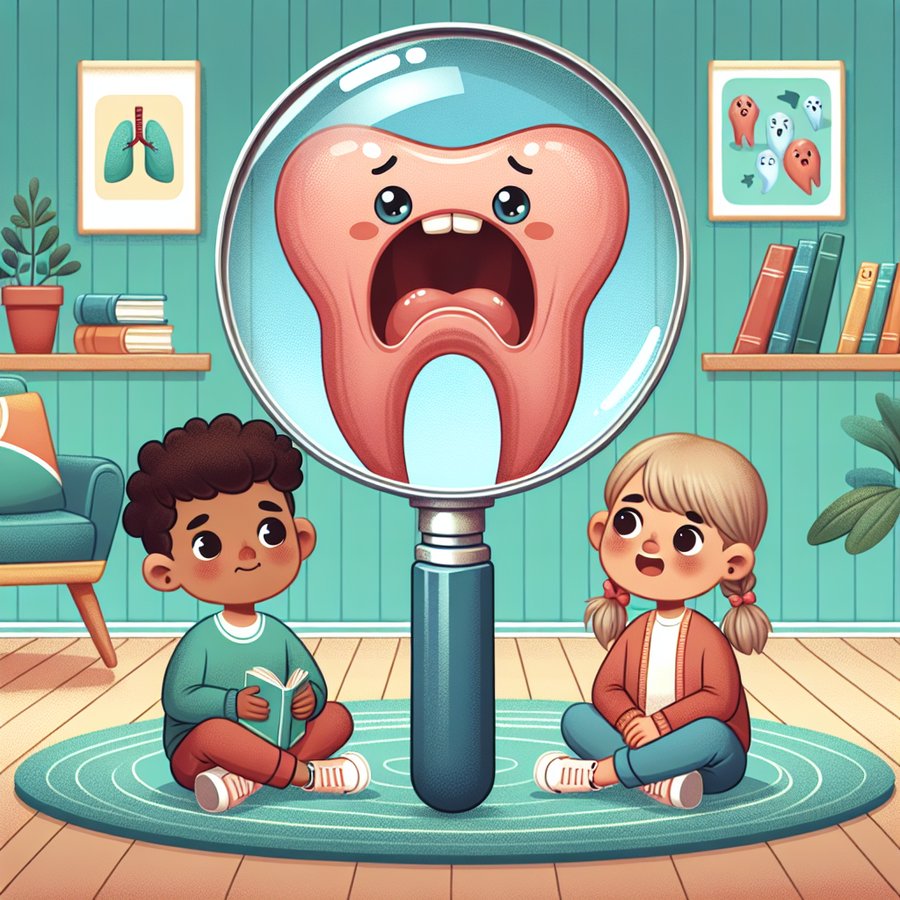Tonsillitis is a common concern for new parents, often prompting questions about its symptoms, treatments, and when to seek medical help. As a guardian of a little one, understanding tonsillitis is crucial for their well-being. This comprehensive guide delves into what tonsillitis is, its causes, and effective management strategies, offering valuable insights for new parents.
What is Tonsillitis?
Tonsillitis is an inflammation of the tonsils, the two lymph nodes located on each side of the back of the throat. They function as a defense mechanism, helping to prevent your baby from infection. However, when they become infected, it can lead to the condition known as tonsillitis. It’s characterized by symptoms such as sore throat, difficulty swallowing, and fever.
The condition can be caused by both viral and bacterial infections. The most common bacterial cause is Streptococcus pyogenes, which also causes strep throat. Understanding the underlying cause of tonsillitis is crucial for its treatment.
Symptoms of Tonsillitis in Babies
Identifying tonsillitis in babies can be challenging since they can’t communicate their discomfort as older children or adults do. However, there are signs you can look for, such as increased irritability, refusal to eat, drooling due to painful swallowing, fever, and a noticeable redness of the throat. Some babies might also have bad breath due to the infection.
It’s essential to monitor these symptoms closely and understand when they might indicate something more serious. Persistent or high fever, difficulty breathing, and signs of dehydration are red flags that require immediate medical attention.
When to See a Doctor for Tonsillitis
If your child is showing signs of tonsillitis, it’s important to know when to seek professional help. Immediate medical advice is recommended if your baby has difficulty breathing, refuses to eat or drink, or has a fever above 101°F (38.3°C). Early medical intervention can prevent complications and determine if antibiotics are necessary, especially if the infection is bacterial.
For more detailed advice on when to seek medical help for various baby-related conditions, visit our detailed guide on tonsillitis and other helpful resources like ear infections and febrile seizures, which can sometimes occur in babies with high fevers.
Treatments for Tonsillitis in Babies
Managing tonsillitis in babies focuses on relieving symptoms and treating the infection’s cause. If the tonsillitis is viral, treatment includes rest, hydration, and fever management. Bacterial infections, on the other hand, require antibiotics. It’s crucial to complete the antibiotic course as prescribed to avoid re-infection or resistance.
Pain relief can also be achieved through over-the-counter pain relievers designed for babies, such as acetaminophen, but always under a doctor’s guidance. Additionally, offering your baby plenty of fluids and soft foods can help ease the discomfort of sore throat.
Preventing Tonsillitis in Babies
Preventing tonsillitis involves reducing your baby’s exposure to infectious agents. Regular handwashing, avoiding close contact with sick individuals, and keeping your baby’s environment clean can significantly reduce the risk of infections. Immunizations also play a critical role in protecting your baby from various infections that could lead to tonsillitis.
Furthermore, understanding related health conditions can empower you to protect your baby’s health. For comprehensive guidance, explore our resources on immunizations, hand-eye coordination (to prevent them from putting infected objects in their mouth), and vitamins for infants to support their overall health and immune system.
By staying informed and vigilant, you can navigate the challenges of tonsillitis and ensure your baby’s health and comfort. Remember, when in doubt, always consult your healthcare provider for the best advice tailored to your baby’s specific needs.













